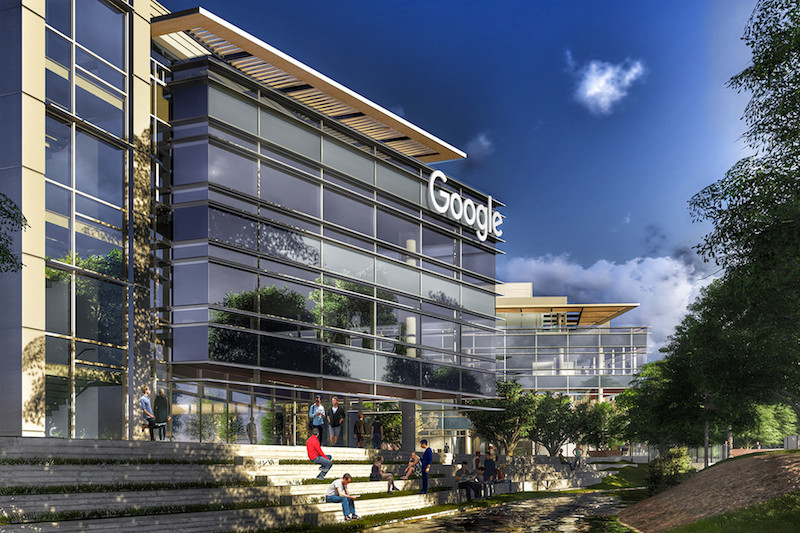A great speaker I follow reminded me that it's not only the end of the year, but the end of the DECADE. Do you remember 2010?! Where were you? What were you doing? What were your dreams and goals? It's fascinating to think back on this! I actually encourage you before the new year to take a moment and look back at each year of this last decade and see where you were, what you were doing, what you desired, who you lived life with, and how you got to where you are now. The decisions, the mistakes, the blessings and the heartbreaks. The friends, the family, the mentors and the naysayers who helped you get to where you are now. Evaluate the "equities" of your life: your relationships, your bodily health, your spiritual journey, your intellectual life, your creative side, your outdoor goals, your finances, your desires...all of it. Where were these equities 10 years ago, where are they now, and where do you want them to be in 10 years? Time is our most diminishing asset. Unlike money, we cannot increase it, and unlike objects, each day that passes is gone. Time truly is a fragile gift.
My last decade from a career and financial perspective
10 years ago I was still a rookie agent at the absolute worst time of the crash in the real estate crisis. Taking the advice of more advanced agents, I attended a ton of classes and hung out with experienced real estate pros. I remember older realtors telling me, "You got into real estate now?! Man, if you can survive this mess, you can do anything." It's funny how a small passing comment like that can be a life-boat for a young guy in an industry that was in shambles. As I looked around me, something curious was happening. While so many people were running for the hills, my investor-mentors were buying up as many houses as they possibly could. Most people were calling them flat-out CRAZY....but, who's laughing now? Because they didn't simply react with the media and mob frenzy of the 'end of the world' tabloids, and they knew how real estate works, they bought as many $60,000 houses as they could, which are now worth $350,000+ each. Even without that much appreciation, they significantly benefited from the cashflow of rents each month, and their tenants paying down the mortgages each month. While most people were simply complaining about the Crash and living in fear, many others became millionaires because they were able to see more than the apparent mayhem.
Back to me: taking that early advice of "surviving the crisis" to heart, I worked on my real estate business each day filled with uncertainty, but holding onto what my teachers and mentors were telling me and what I was learning, and I slowly but surely learned from these investor-mentors (
I would love to hear about your last decade! Tell me about it!










